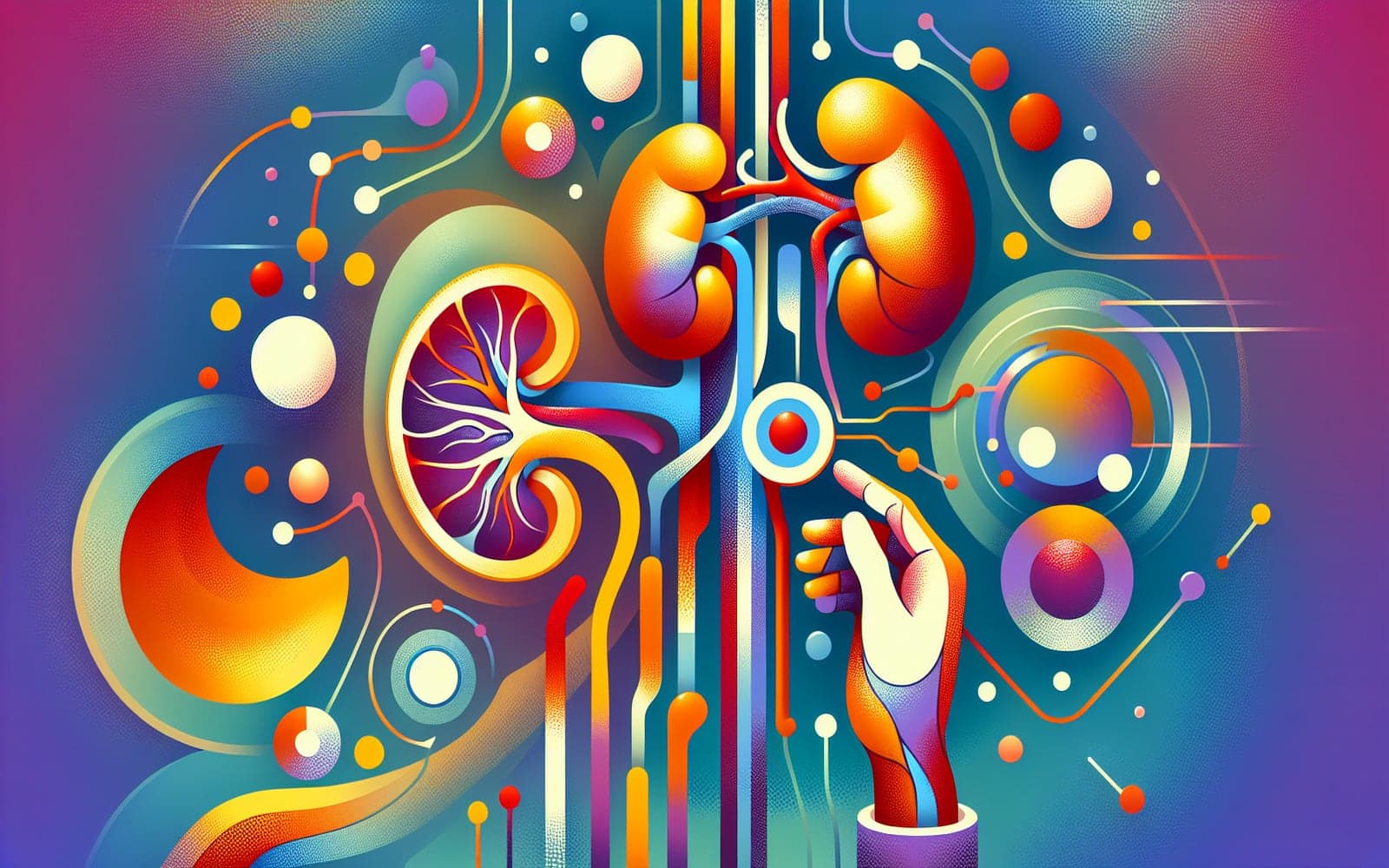What is Bilateral Renal Artery Stenosis and Why Should You Care?
Published: Nov 01, 2023
Bilateral renal artery stenosis is a condition that can lead to serious health issues like high blood pressure and kidney problems. Understanding it can help you spot the signs and seek treatment early.
Contents
Understanding the Condition
Renal artery stenosis occurs when the arteries that supply blood to your kidneys become narrowed. When this happens to both kidneys, it's called bilateral stenosis. This condition is often linked to high blood pressure and can cause your kidneys to function poorly, increasing your risk for heart and kidney issues.
Causes and Risk Factors
The main causes of bilateral renal artery stenosis are atherosclerosis and fibromuscular dysplasia. Atherosclerosis is a condition where the arteries harden and narrow due to plaque buildup, often affecting people over 45. On the other hand, fibromuscular dysplasia is more common in women under 50 and affects the artery walls, causing them to twist or narrow.

Signs and Symptoms
Bilateral renal artery stenosis can present several noticeable symptoms. These include high blood pressure that's hard to control, sudden swelling in the legs, or even symptoms of heart failure. In some cases, the condition could lead to a rapid decline in kidney function, marked by an increase in creatinine levels in the blood.
Frequently Asked Questions
It is mainly caused by atherosclerosis and fibromuscular dysplasia.
It can lead to high blood pressure and kidney dysfunction.
People over 45 with atherosclerosis and women under 50 with fibromuscular dysplasia are at risk.
Symptoms include difficult-to-control high blood pressure and kidney dysfunction.
Key Takeaways
Recognizing the symptoms of bilateral renal artery stenosis can be crucial for early treatment and management.
References
- Safian RD, Textor SC. Renal-artery stenosis. N Engl J Med 2001; 344:431.
- ASTRAL Investigators, Wheatley K, Ives N, et al. Revascularization versus medical therapy for renal-artery stenosis. N Engl J Med 2009; 361:1953.
This article has been reviewed for accuracy by one of the licensed medical doctors working for Doctronic. Always discuss health information with your healthcare provider.
AI Doctor Visit Required
Appointments available 24/7
15-min consultation. No hidden costs.
AI Doctor Visit Required
For safety reasons we have been forced to end this consultation.
If you believe this is a medical emergency please call 911 or your local emergency services immediately.
If you are experiencing emotional distress, please call the the Suicide & Crisis Lifeline at 988 or your local crisis services immediately.
Contact us
You can also email us at help@doctronic.ai
We aim to reply within 5-7 days
How likely are you to recommend Doctronic to friends or family?


